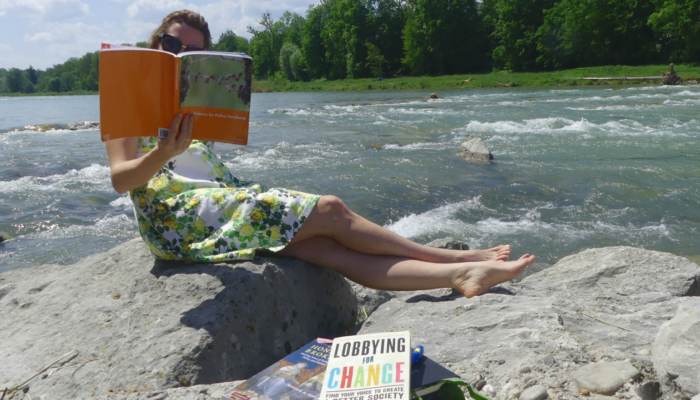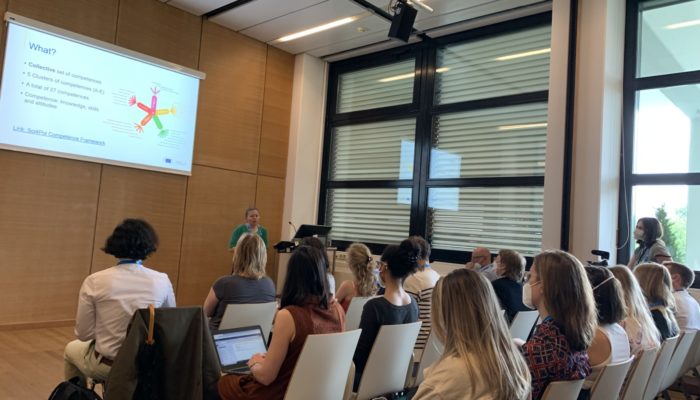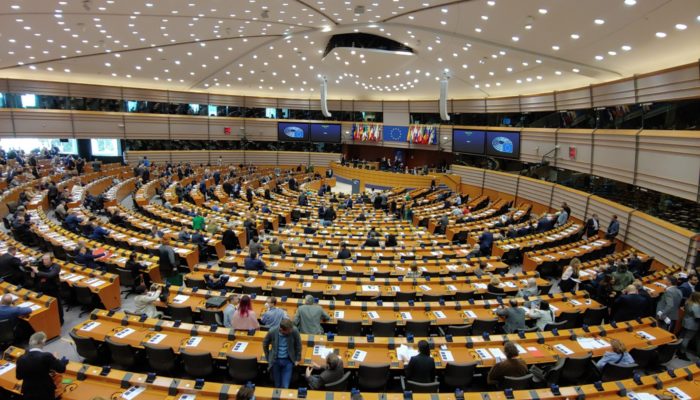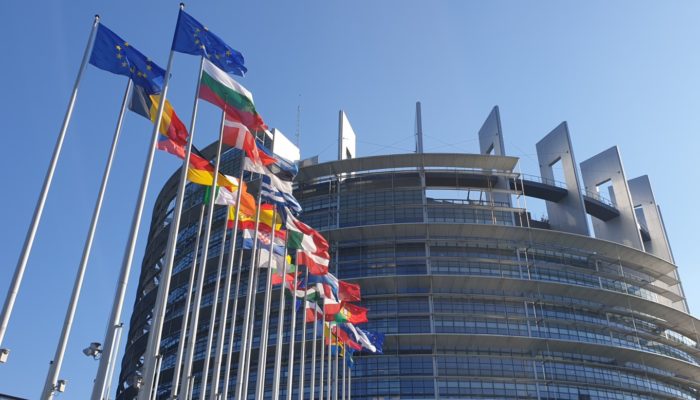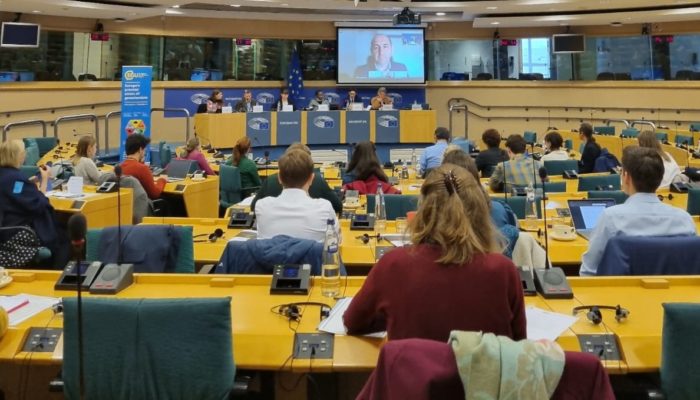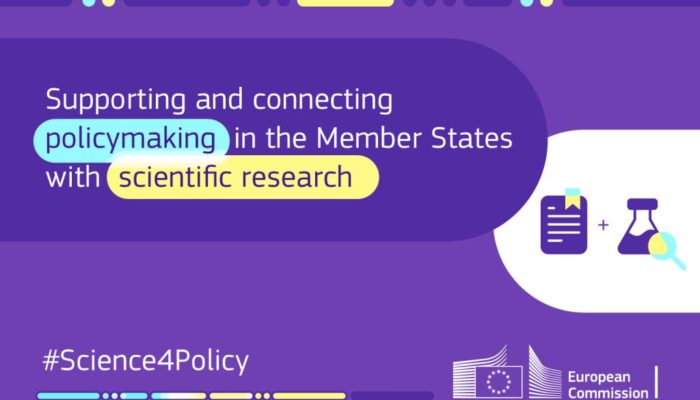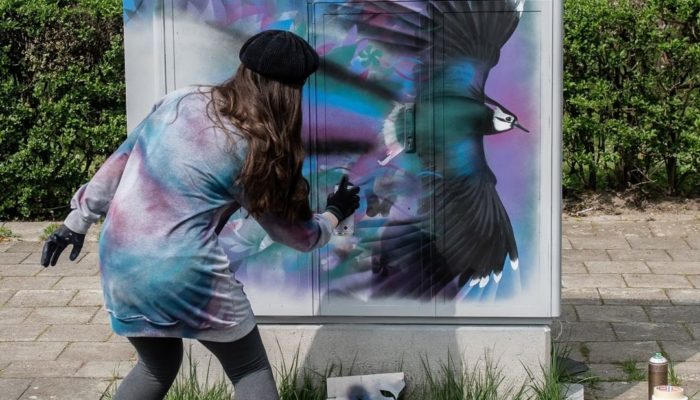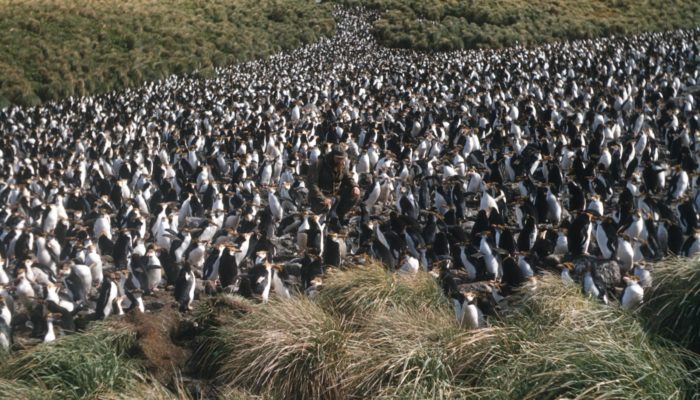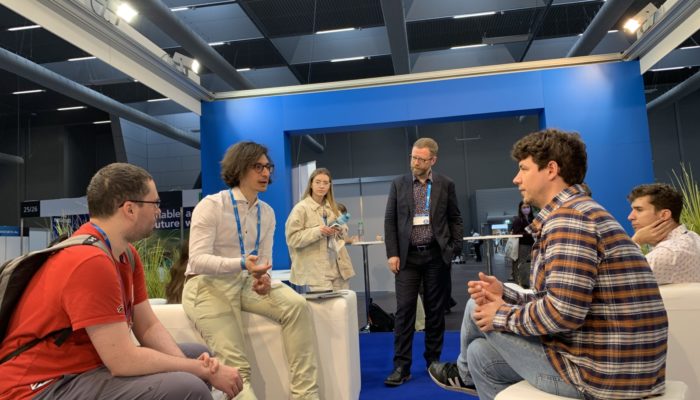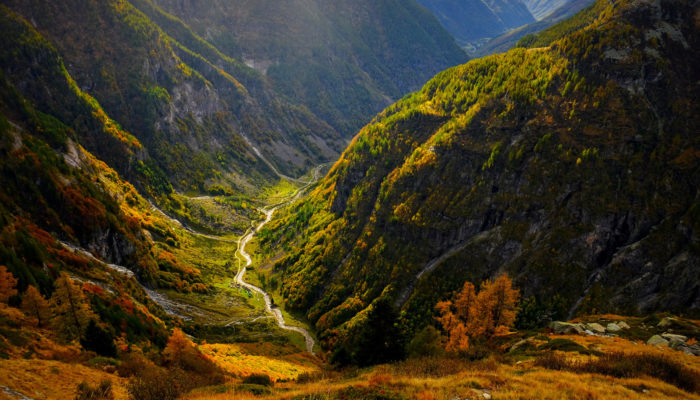With summer just around the corner, you might be starting to think about some of the ways in which you’d like to relax during upcoming holidays or field work! It’s incredibly important for us all to be able to switch off from our work life. Not only does it allow us to mentally and physically recover, but it can also provide us with new perspectives and inspiration. In this month’ ...[Read More]
If you didn't find what you was looking for try searching again.
GeoLog
GeoPolicy: Your guide to science for policy at EGU23!
As the largest geoscience meeting in Europe with 14,000 onsite and 3,000 virtual participants expected this year, the EGU General Assembly has a huge range of scientific sessions that enable participations to gain a greater understanding about specific topics both within and outside of their research area. But more than this, there are also plenty of non-scientific sessions that participants can a ...[Read More]
GeoLog
GeoPolicy: Exploring life inside the European Parliament
The EGU’s annual Science-Policy Pairing Scheme connects a selected EGU member with a Member of the European Parliament to promote evidence-informed policymaking and encourage stronger science-policy partnerships! In November 2022, EGU Member of Manchester Metropolitan University Elias Symeonakis was paired with the selected Member of the European Parliament, Norbert Lins, an MEP representing Germa ...[Read More]
GeoLog
GeoPolicy: What’s coming up for 2023?
2022 was an exciting GeoPolicy year with many new science for policy projects and opportunities beginning and others being restored after a 2020/2021 pause due to COVID19. In 2023, we hope to build on EGU’s current initiatives and bring you yet more opportunities to engage and get involved in European policy! This blog post will kick-off the New Year by outlining a few of the key science for polic ...[Read More]
GeoLog
GeoPolicy: 5 ways for scientists to take the lead on evidence-informed policymaking
On 15 November 2022, the EGU and the European Parliament Intergroup on ‘Climate Change, Biodiversity and Sustainable Development’ jointly coordinated an event, ‘Supporting the EU’s Biodiversity Targets by Bridging the Science-Policy Divide’. The event highlighted how science could be used to support the ambitious targets outlined in the EU Biodiversity Strategy for 2030 and proposed EU Nature Rest ...[Read More]
GeoLog
GeoPolicy: A new step to build robust science-for-policy ecosystems in Europe
On 25 October, The European Commission published a Staff Working Document that aims to help Member States build capacity to use scientific knowledge more effectively in their policymaking processes. This month’s GeoPolicy Blog post provides a summary of the Staff Working Document that outlines key science for policy challenges and the EU instruments, resources and policy frameworks that can help M ...[Read More]
GeoLog
GeoPolicy: Connect with artists to make your science accessible to policymakers and the public
Communicating with the public and policymakers enables scientists to share their passion with those outside of their field and create greater impact. Often when scientists consider engaging non-experts, they imagine public lectures or blog posts, but finding more creative ways to communicate scientific information can be both rewarding and incredibly effective. This month’s GeoPolicy Blog post is ...[Read More]
GeoLog
GeoPolicy: Building stronger and more diverse communities at the science-policy interface
There are numerous reasons why we should want to build stronger and more diverse scientific communities. Greater inclusivity leads to innovation, expands the pool of ideas, broadens perspectives, and encourages more people to engage. Strong and diverse scientific communities allow us to go beyond the information we can produce on our own and scale our research outcomes. But one reason not often ci ...[Read More]
GeoLog
GeoPolicy: Top 10 science for policy resources recommended by the EGU’s Science for Policy Working Group
EGU’s Science for Policy Working Group aims to promote greater collaboration between the geoscientific community and policymakers, highlight policy-relevant outputs from EGU scientists, and support evidence-based policy. Not only does the Working Group support EGU’s policy activities but it also provides individual members with relevant information and opportunities through the EGUR ...[Read More]
GeoLog
GeoPolicy: Responding to the EU Nature Restoration Law
On 22 June 2022, the European Commission presented its proposal for the EU Nature Restoration Law with the aim to recover biodiverse and resilient nature across the EU. Like all new legislation, the EU Nature Restoration Law was proposed by the European Commission and underwent numerous rounds of feedback from the public, stakeholders, and organisations via the Commission’s Have your say pla ...[Read More]

